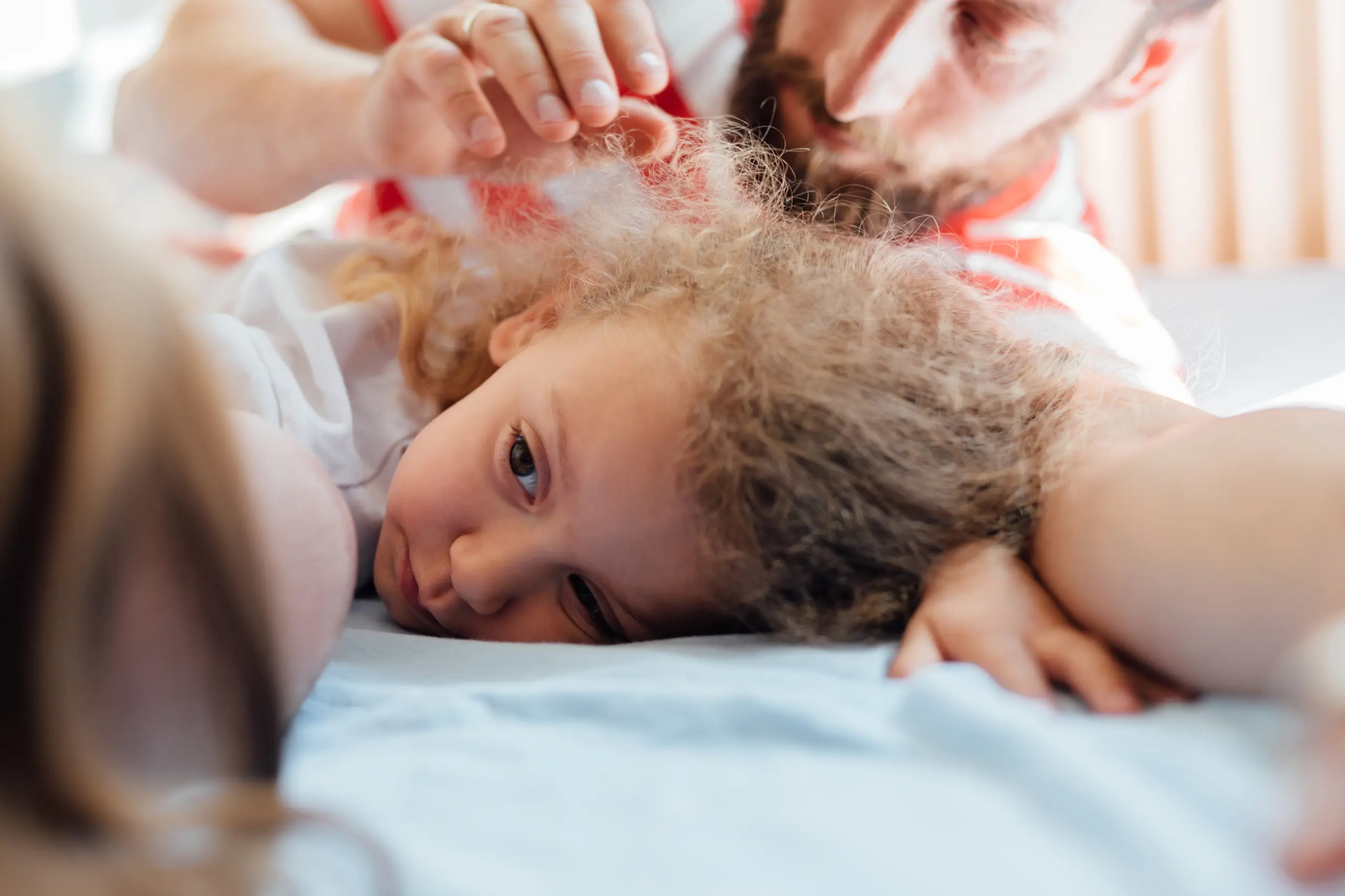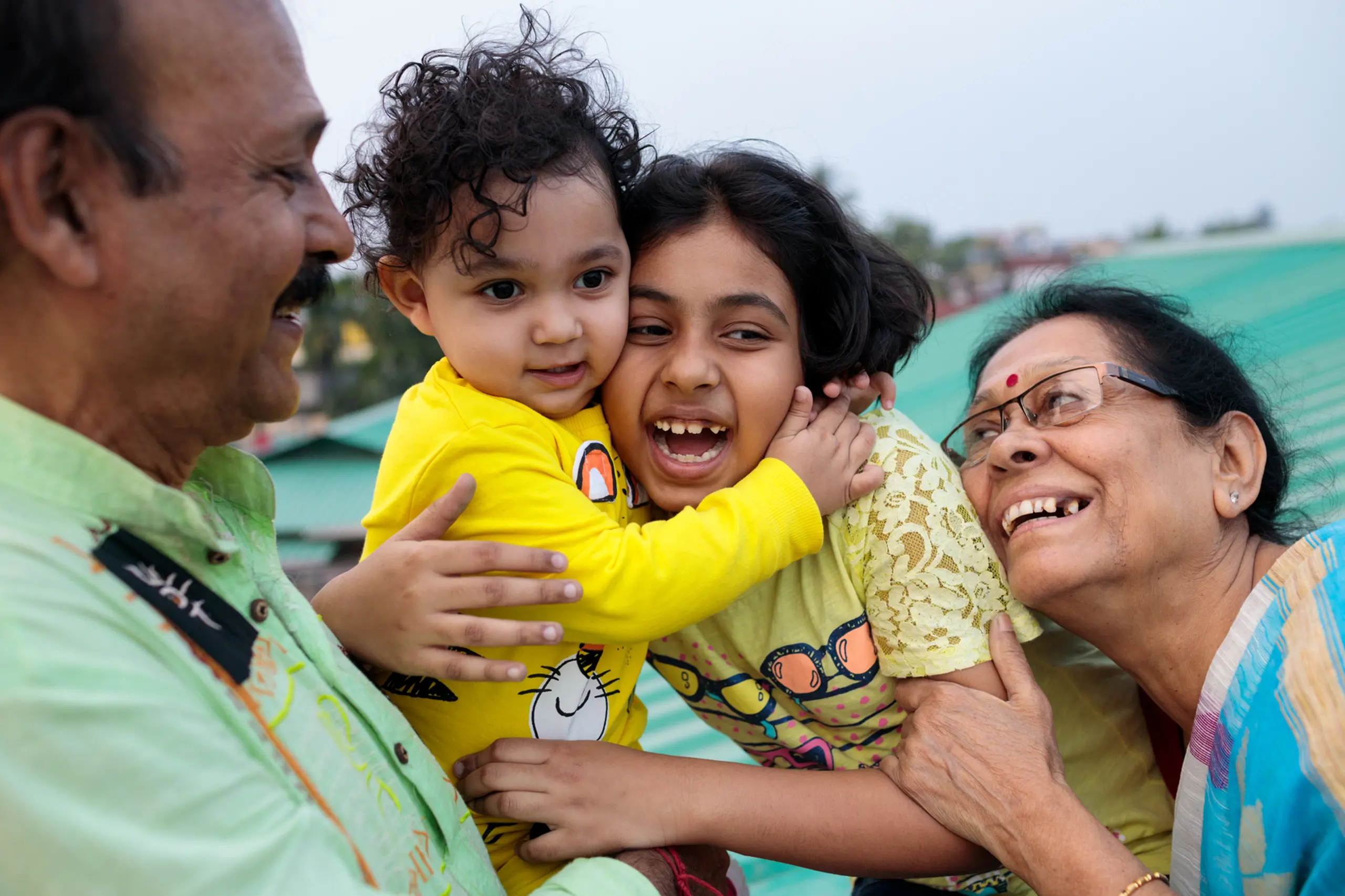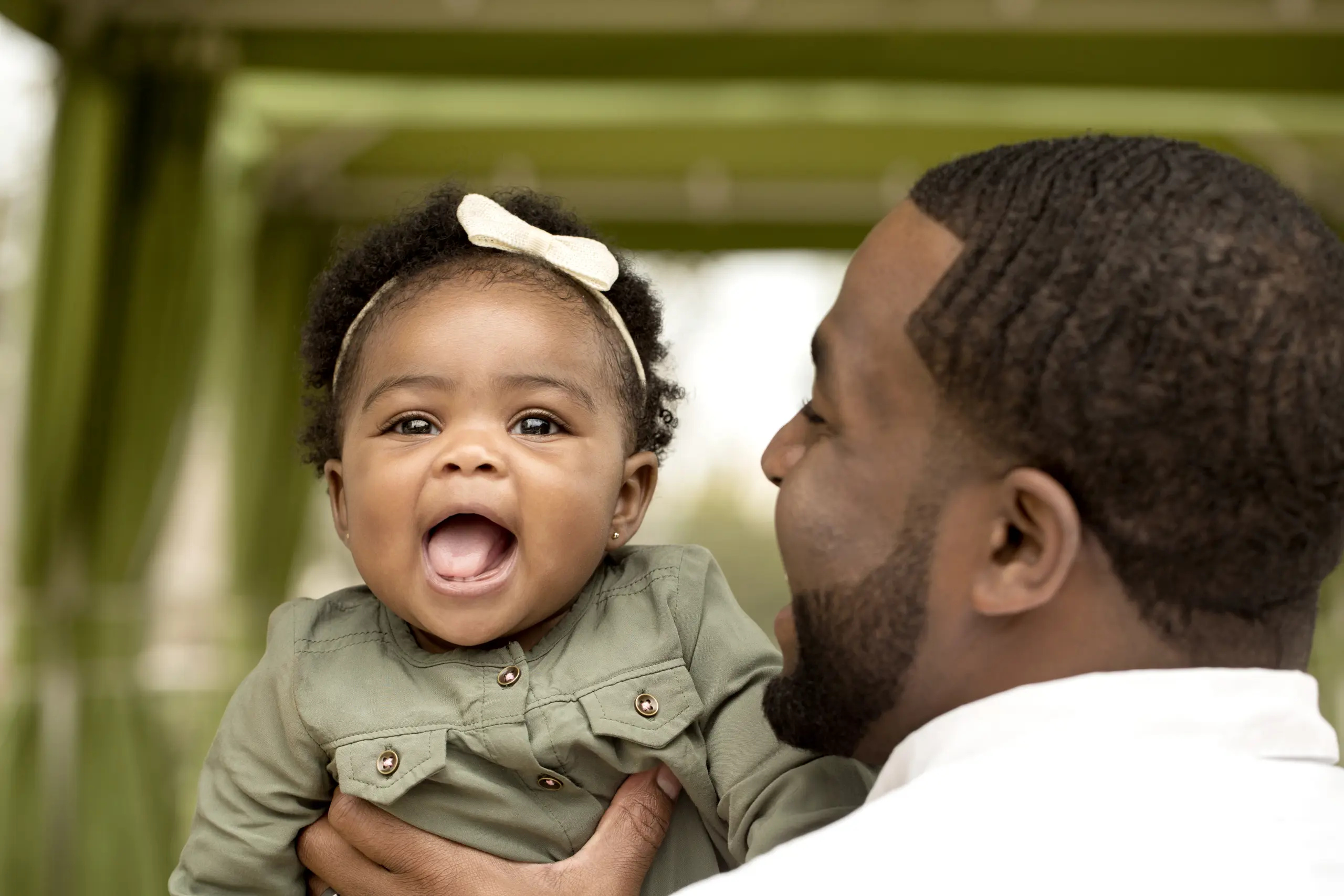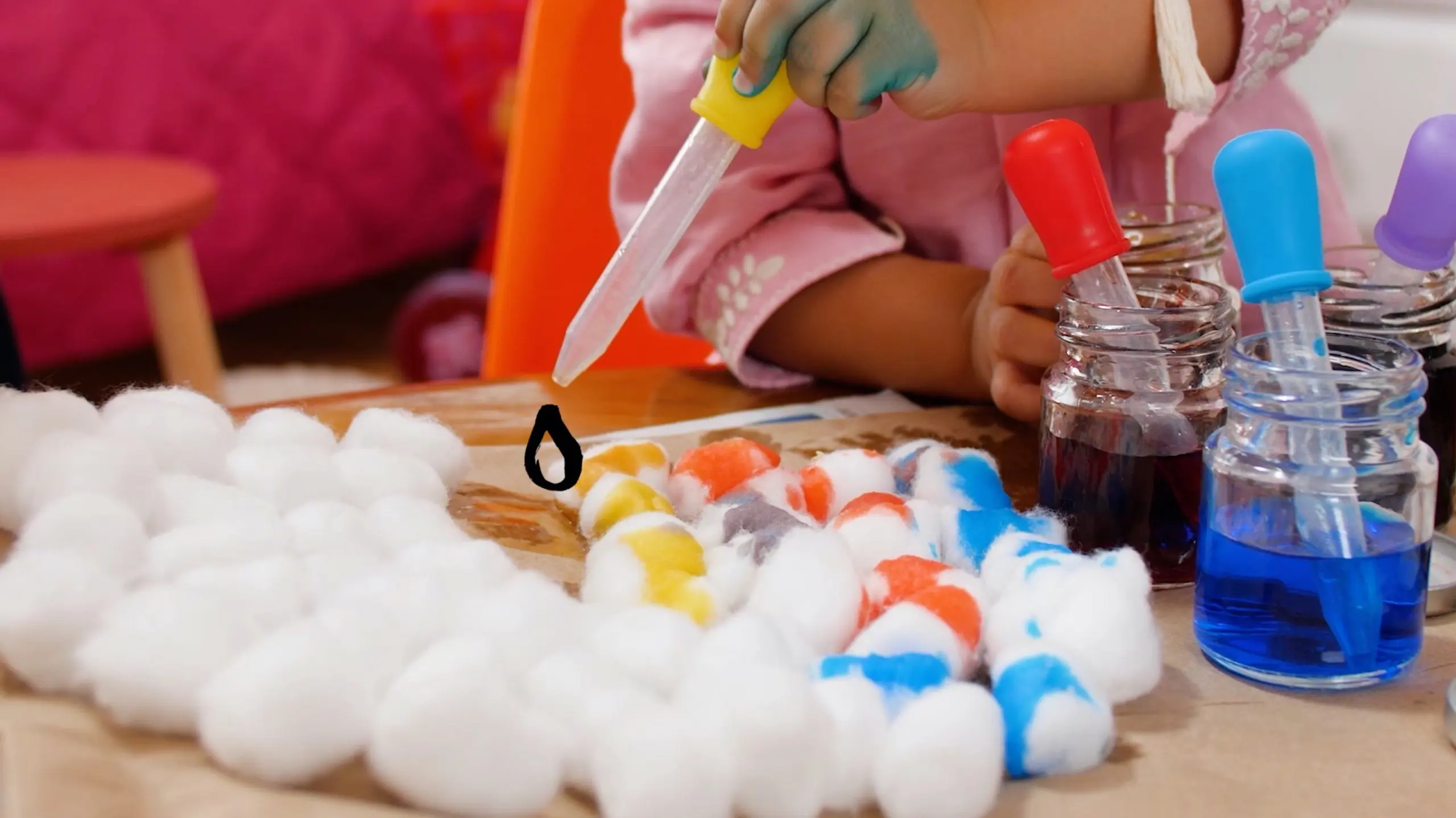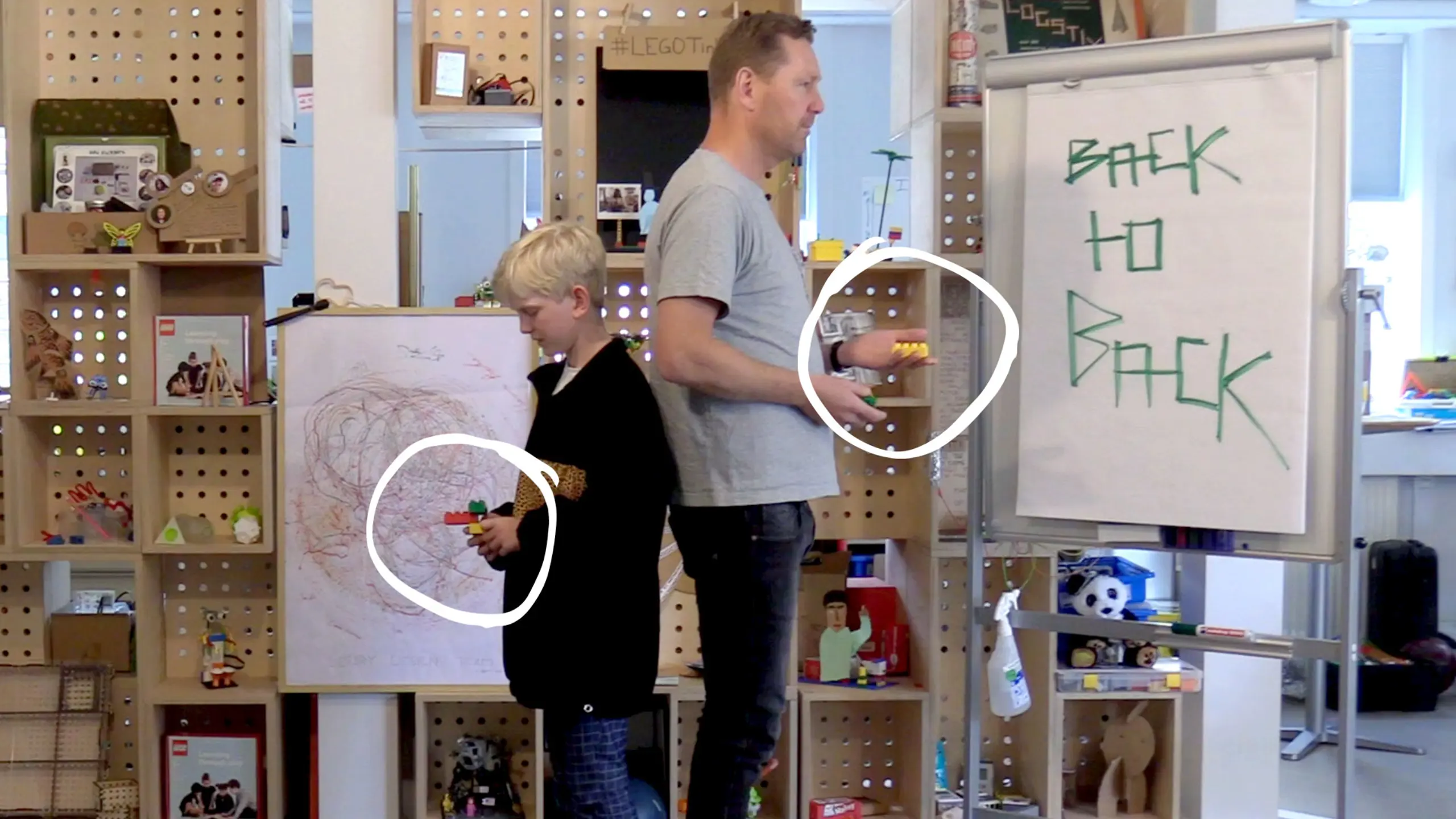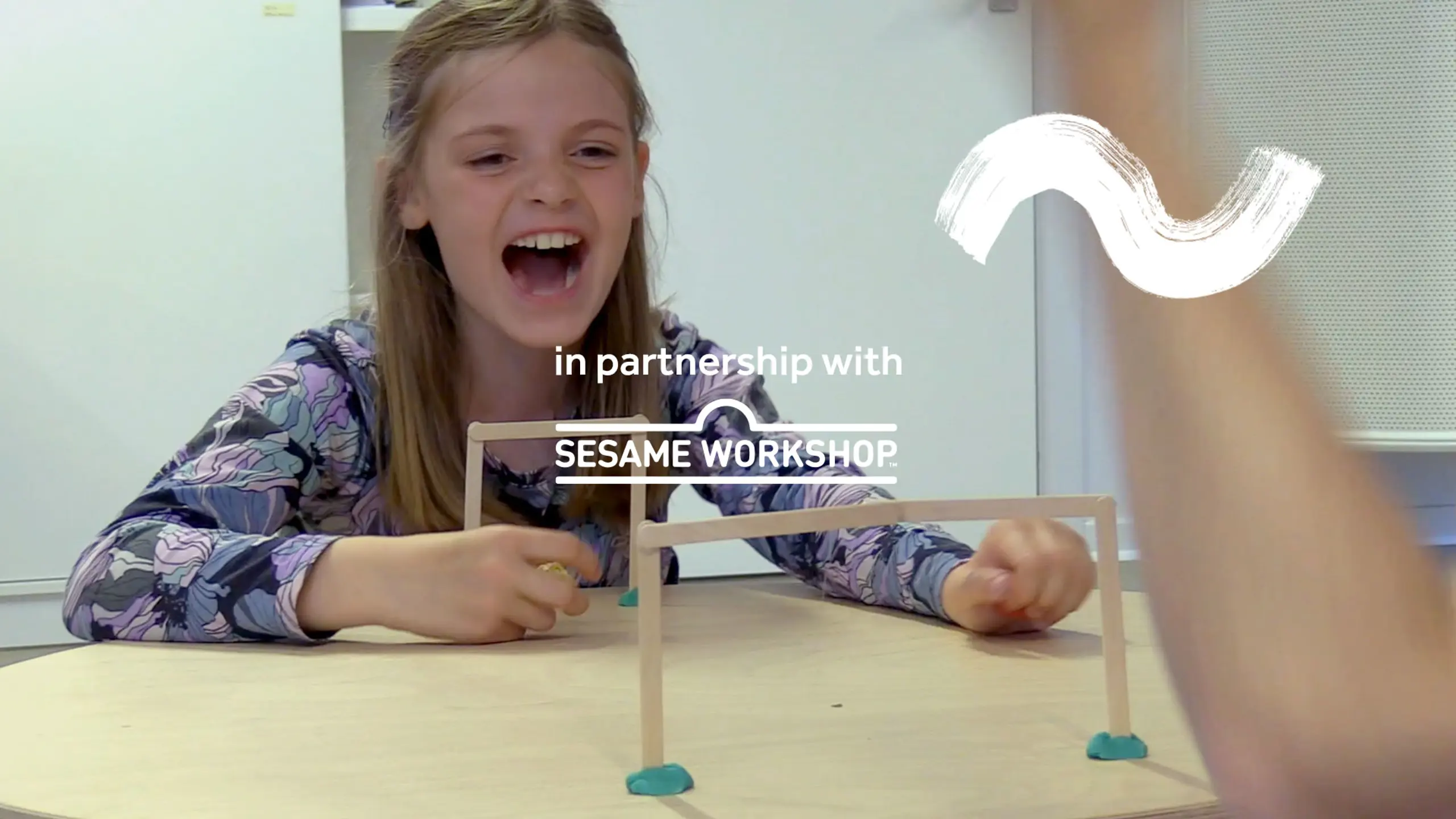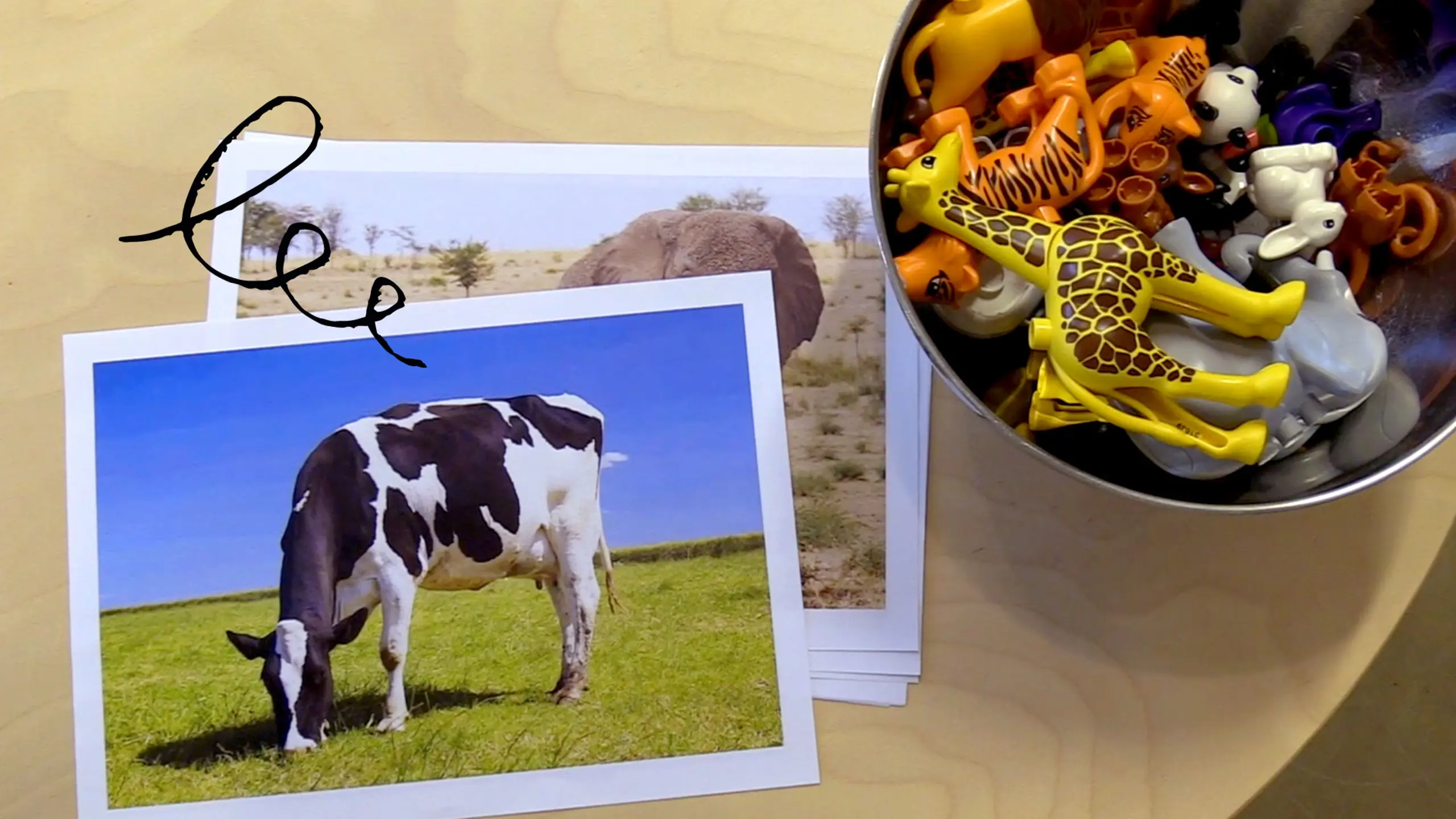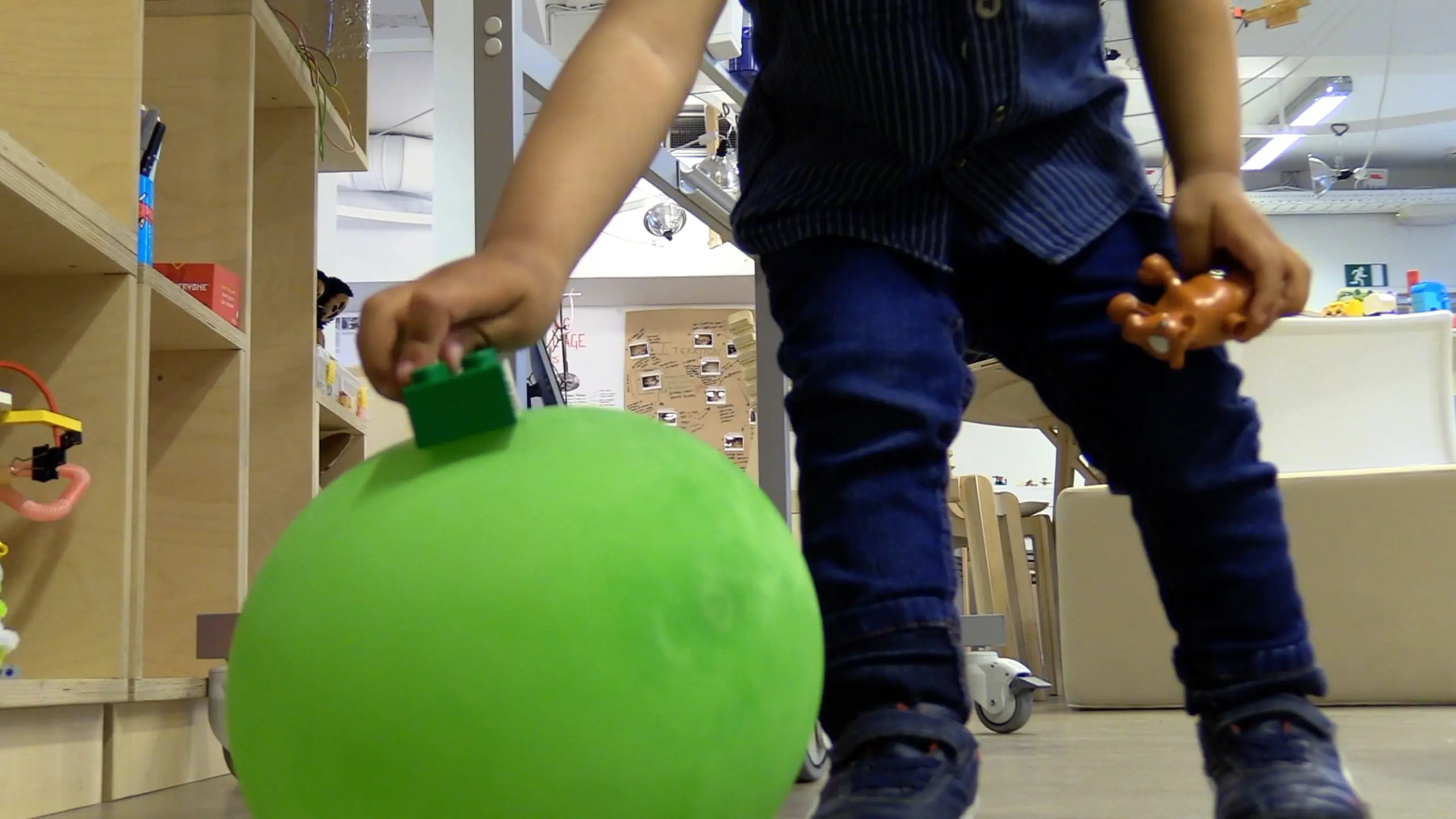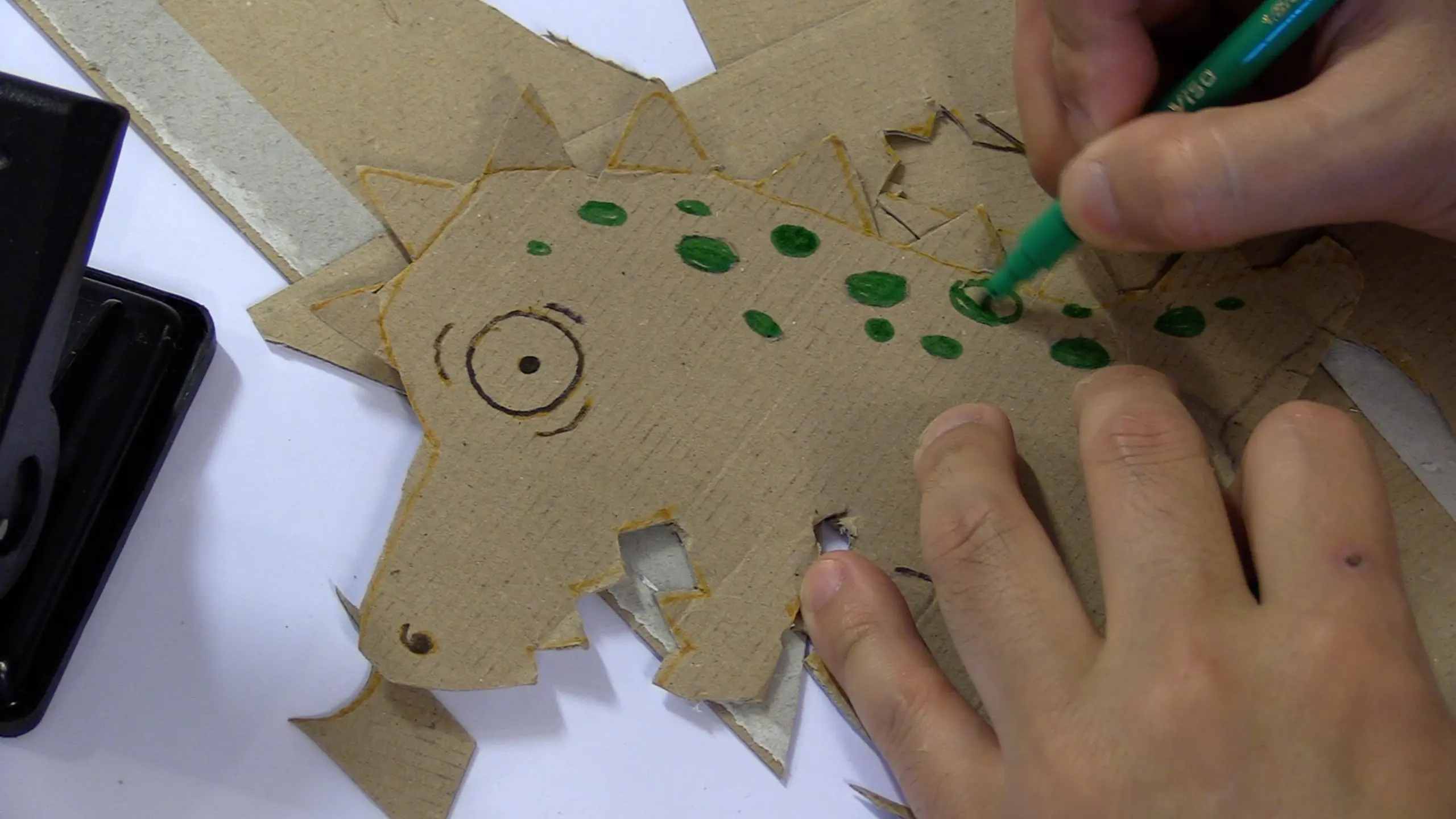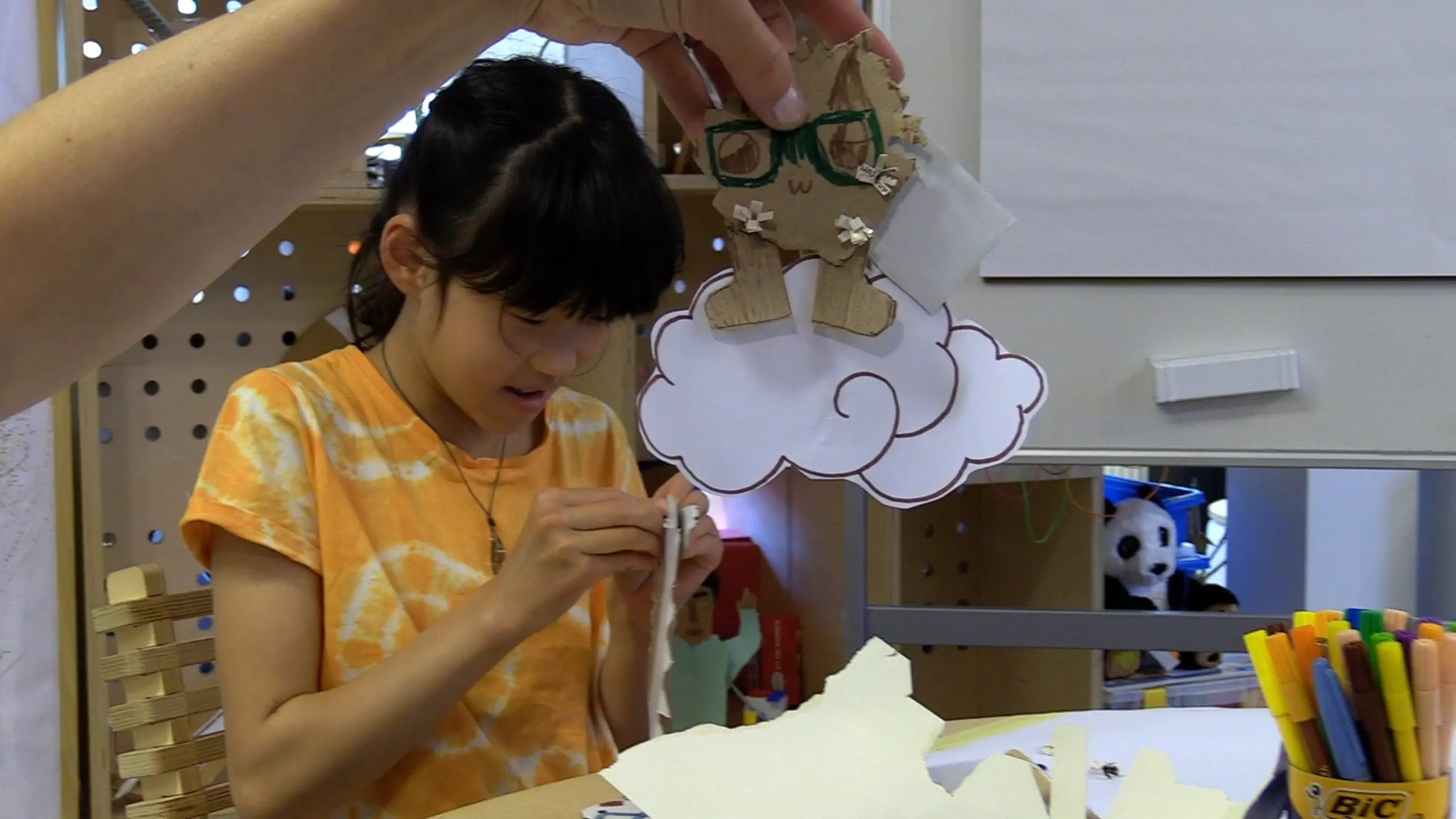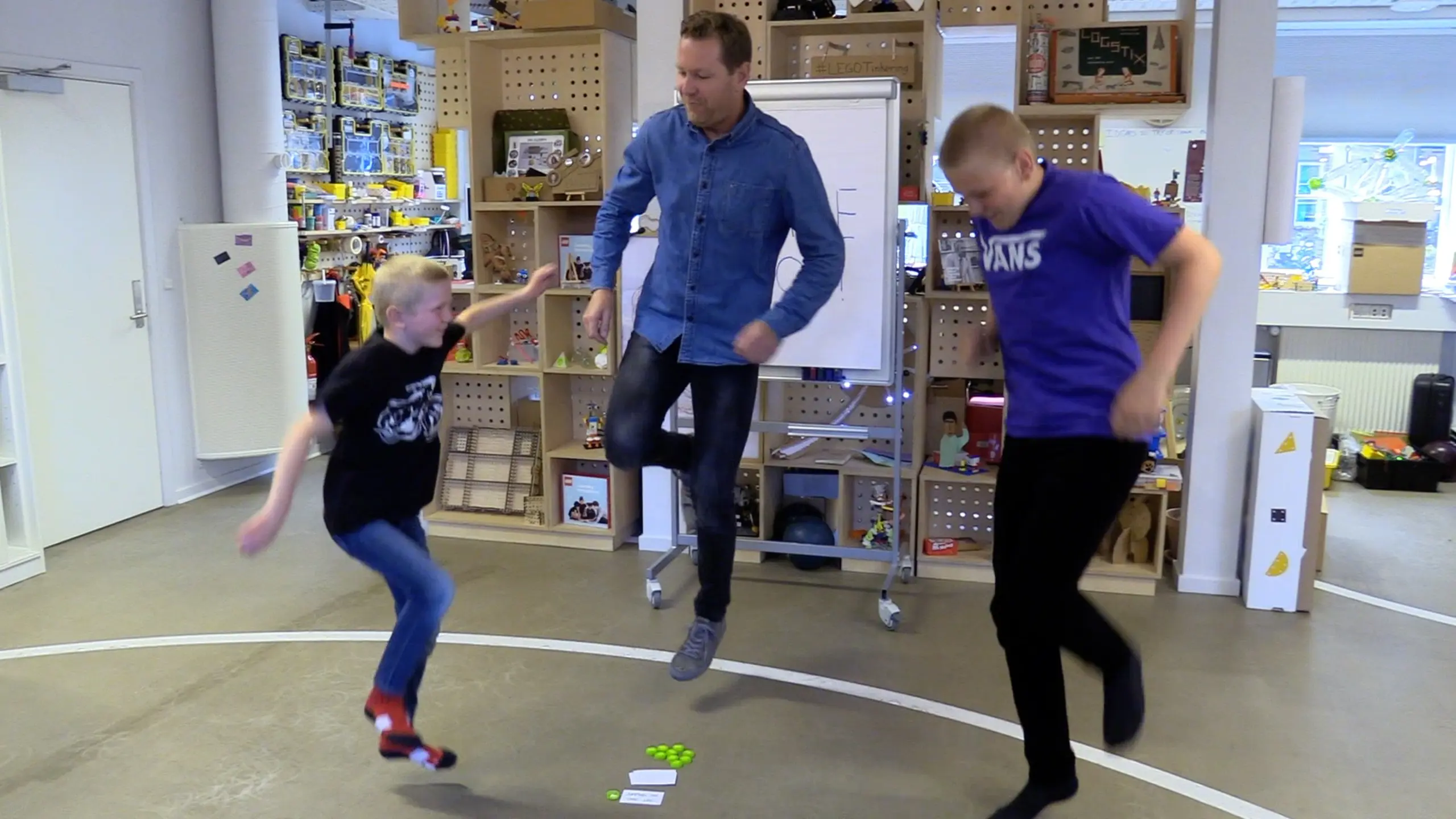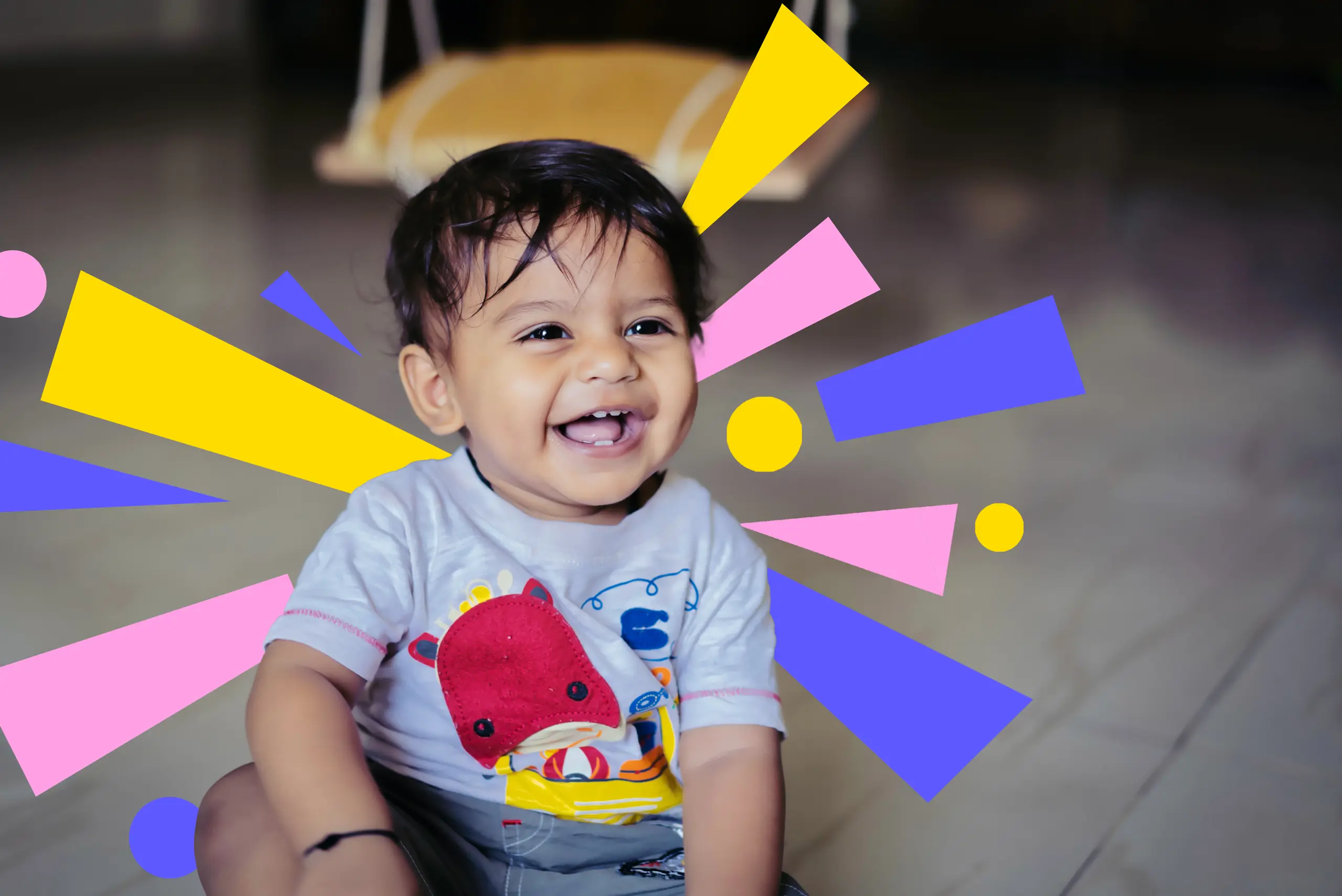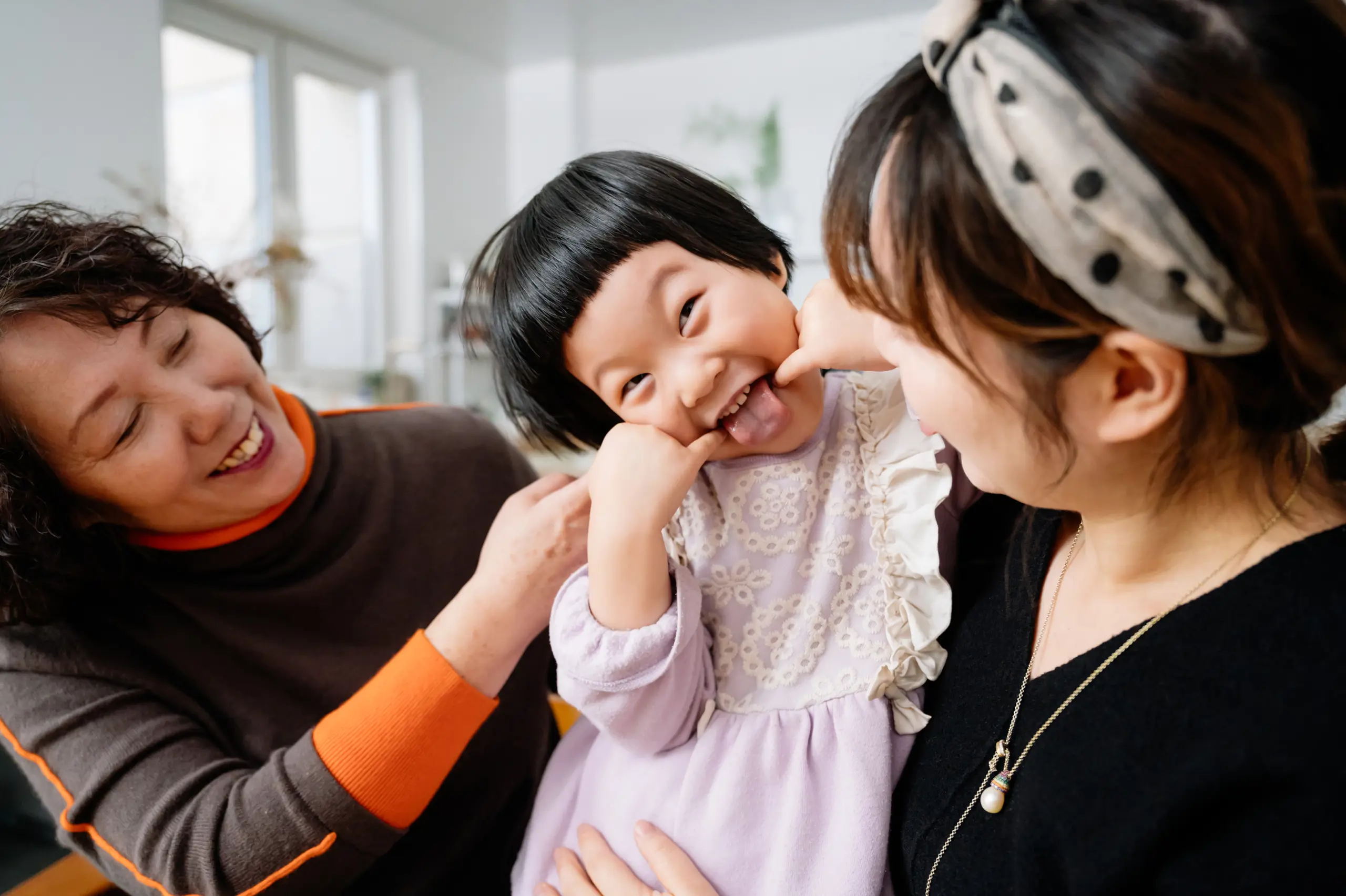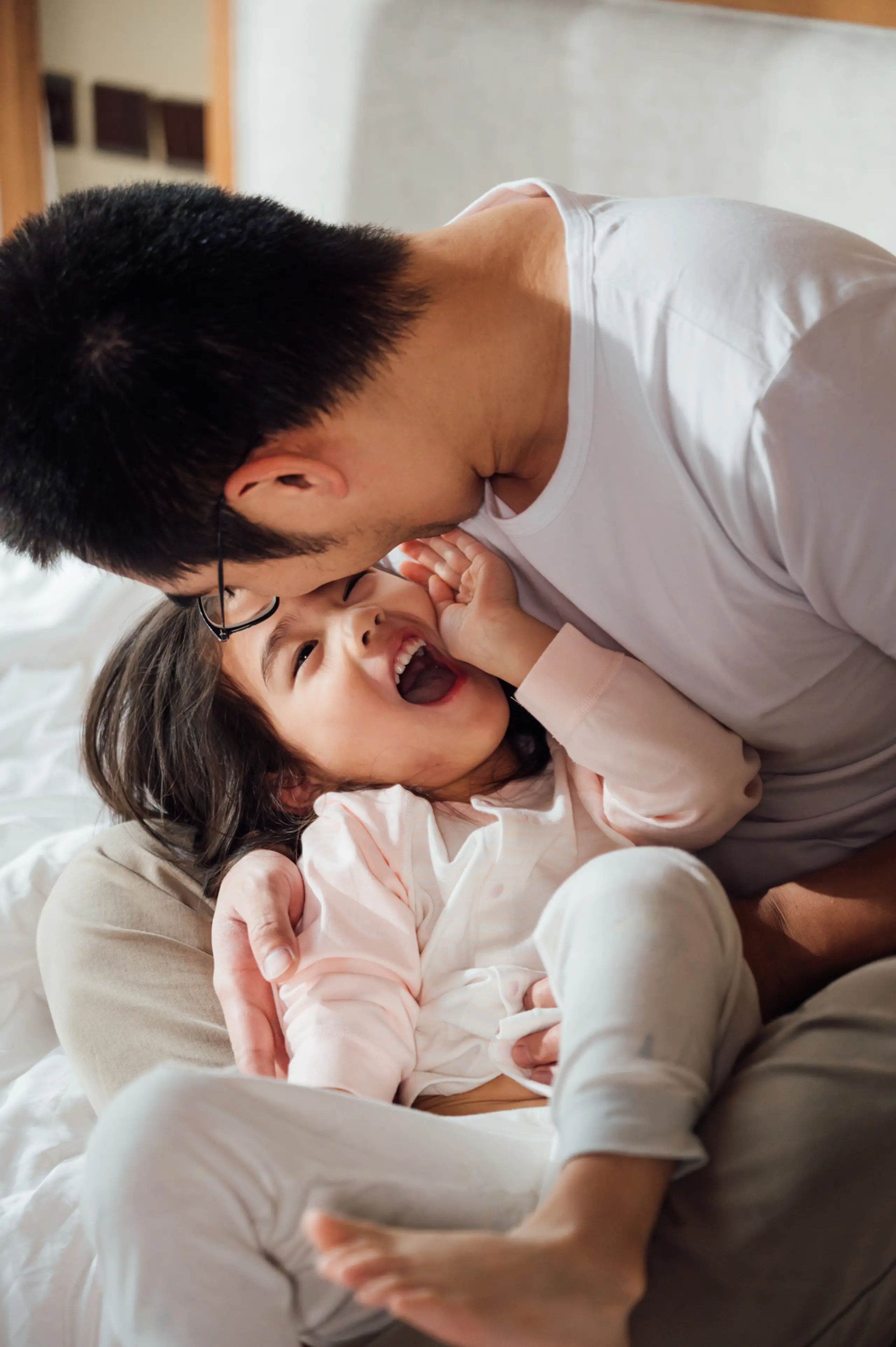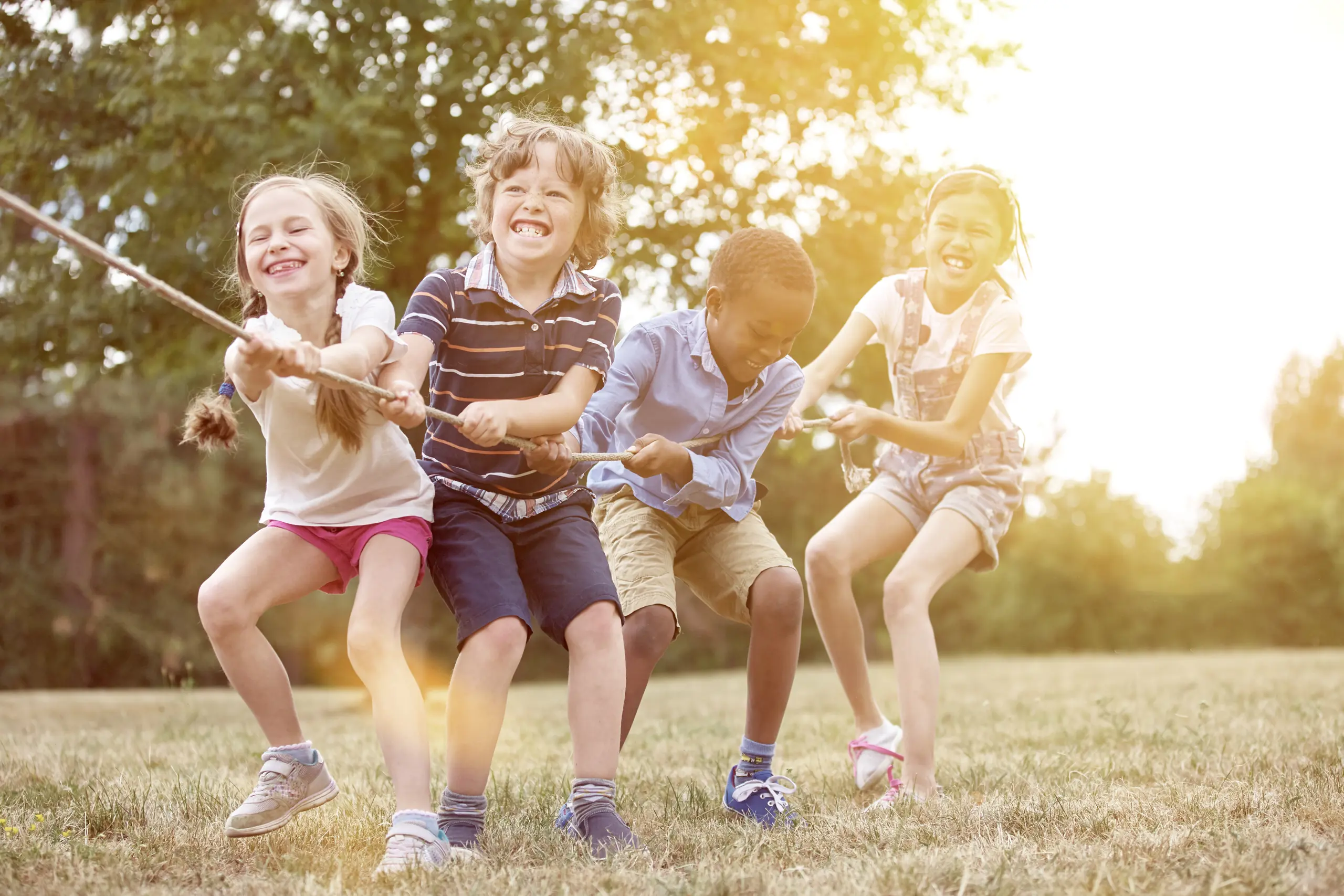My own mental health story
When I was pregnant with my first child, I became mentally unwell. I was struggling with my changing body, hormonal changes and the constant pain experienced by a trapped nerve in my ribs. I was fearful about losing my identity and the impact on my career and my return to work. My midwife referred me to specialist support services in the health system and to a local charity, my doctor was supportive, and I had access to free at the point of use healthcare and free medication due to pregnancy exemptions. The care was excellent, and I was supported through my pregnancy both by the system and by those around me.
I am telling you this because maybe today of all days those of us who can, should be honest and help to break the stigma surrounding mental health. Because I was lucky to have a free health care system, postpartum care and parental leave legislation in place that supported me and my baby in a holistic way. And because this is not the case for millions and millions of women around the world. The impact on them and their babies’ health and development can have devastating consequences, not only for them as individuals, but for society as a whole.
The mental health crisis
Parents everywhere have been under increased pressure because of the COVID-19 pandemic: from school and day- care closures, job losses, reduced support services, squeezed family finances to bereavements and dealing with isolation from loved ones. All this has had a devastating impact on mental health and family stability and safety. But even before the pandemic too many parents and caregivers and far too many children experienced toxic stress and poor mental health. Poverty, limited access to health care, a lack of social support, poor housing, war, unemployment and addiction are only a few examples of barriers, challenges and situations that prevent an environment where everyone can thrive.
On this World Mental Health Day, we are facing a huge challenge and the cost of inaction is great – in terms of the toll it takes on lives, on families, on child development and wellbeing and on the communities they live in.
